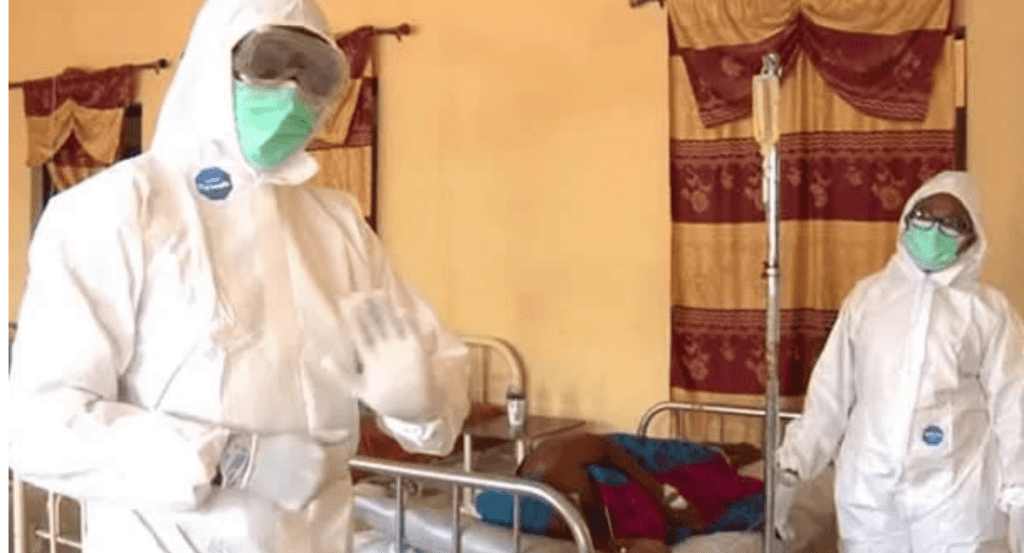Nigeria is grappling with rising fatalities from both Lassa fever and meningitis, with the National Center for Disease Control (NCDC) reporting alarming death tolls. In just one year, Lassa fever and meningitis have claimed hundreds of lives across the country, intensifying public health concerns. As the diseases continue to spread, health experts and authorities are urging immediate action to curb their transmission and mitigate further loss of life.
According to the NCDC, meningitis alone has claimed 361 lives across 24 states, underscoring the widespread nature of the outbreak. Meningitis, a deadly infection of the brain and spinal cord, typically spreads through respiratory droplets, and Nigeria’s recent spate of cases has raised alarm bells. Lassa fever, transmitted through contact with infected rodent urine, has also been a significant health issue, contributing to the 535 recorded deaths. These two diseases, while distinct in their causes and transmission methods, are both contributing to an overwhelming public health crisis.
Health experts emphasize the importance of early detection and intervention in the fight against these diseases. Meningitis, which is often preventable through vaccination, and Lassa fever, for which there is no vaccine, pose serious challenges to Nigeria’s healthcare system. The country’s limited healthcare infrastructure, particularly in rural and remote areas, complicates efforts to control the outbreaks. Many communities lack the necessary resources to implement effective prevention and control measures, leaving large segments of the population vulnerable.
In response to the growing threat, health authorities are calling for increased funding for healthcare and a nationwide public health education campaign. The education campaign would aim to inform the public about preventive measures, such as maintaining good hygiene practices to avoid Lassa fever and recognizing the early symptoms of meningitis. Additionally, the government is working to improve healthcare infrastructure, especially in rural regions, to ensure that all Nigerians have access to timely diagnosis and treatment.
While the federal government has taken steps to address the outbreaks, local governments and communities must play a critical role in stopping the spread of these diseases. Health workers on the front lines are battling the spread of both illnesses, but without increased resources and coordinated efforts across all levels of government, the toll from Lassa fever and meningitis may continue to rise.
As Nigeria navigates these health crises, it serves as a stark reminder of the need for greater investment in public health infrastructure and disease prevention programs to protect citizens from these deadly outbreaks. The continued loss of life from preventable diseases like Lassa fever and meningitis highlights the urgent need for action in the fight to safeguard public health.





















